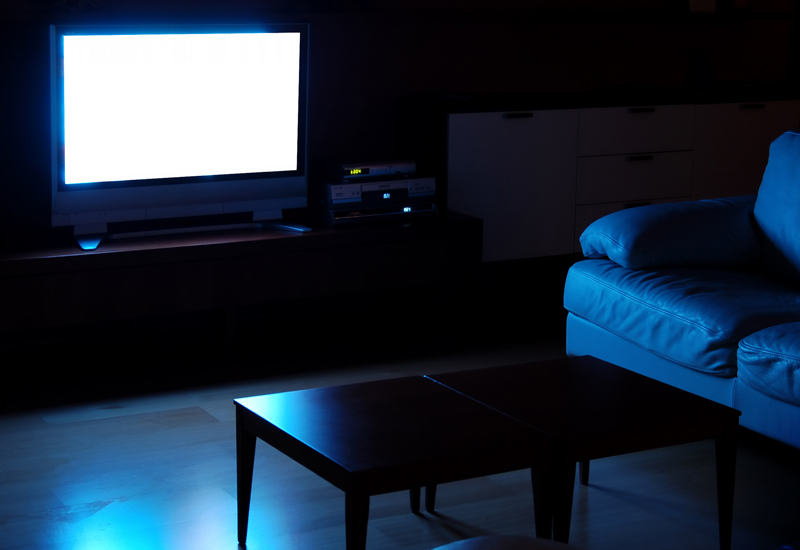It’s incredibly hard to sleep when light seeps through your curtains or your phone glows from the bedside table. But more and more research is finding that artificial light may be more than annoying. It can be very unhealthy too.
The natural 24-hour cycle of daylight and darkness keeps our circadian biological rhythms in alignment. When those rhythms get out of whack, studies have shown a potential link to health issues ranging from insomnia to breast cancer. One of the major culprits may be melatonin, the main hormone that controls sleep and wake cycles. Light at night suppresses the secretion of melatonin, and a lack of melatonin has been linked to diabetes, obesity, heart disease and other health issues.
Cancer epidemiologist Richard Stevens from the University of Connecticut School of Medicine is a pioneer in the field, having studied the subject for 25 years. Stevens is credited as the first to hypothesize that the increased use of artificial light at night may be linked to the higher risk of breast cancer.
In a new report in the journal Philosophical Transactions B, Stevens poses the question: “Electric light, particularly at night, disrupts human circadian rhythmicity: is that a problem?”
Stevens looked at the link between artificial light at night and its potential short-term and long-term impact on health. He points out that science and studies stress the importance of sleep at night, but now it’s key to stress the importance of darkness at night.

